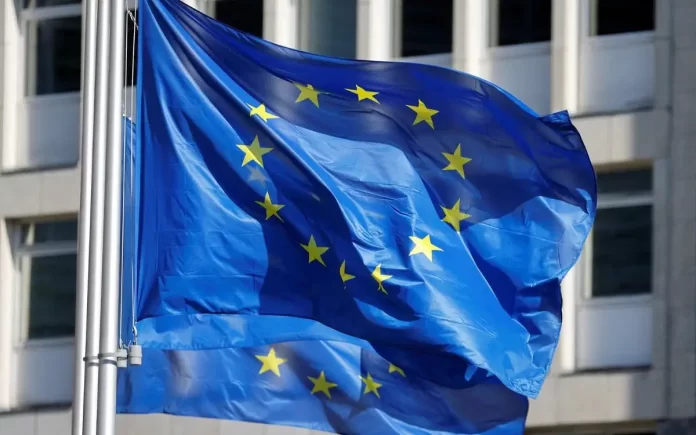Brussels: The European Union is set to impose trade restrictions on approximately two dozen companies, including one from India and three from China, for their alleged support to Russia’s activities in Ukraine, as reported recently.
If approved, this would mark the EU’s first move to impose sanctions on mainland Chinese companies since the onset of Russia’s invasion of Ukraine.
The targeted entities also span across Sri Lanka, Kazakhstan, Thailand, Hong Kong, Serbia, and Turkey, with some facing sanctions for the first time.
The proposed measures aim to curb European companies’ trade with the specified firms, aligning with the EU’s efforts to impede Russia’s access to restricted goods through intermediary channels. Previous attempts to designate Chinese entities faced hurdles due to opposition from certain member states and assurances from Beijing.
This development carries significant weight for the EU, particularly regarding its relations with China, a pivotal trading partner. Germany, with its heavy reliance on China as a primary market for automotive giants like Volkswagen AG, is closely monitoring the situation, according to reports.
It’s essential to note that EU sanctions require unanimous approval from all member states and may undergo revisions before implementation.
While the EU Commission spokesperson refrained from commenting on the proposal, there was no immediate response from China’s embassy in Brussels, as per the report.
During her visit to Beijing in April, Commission President Ursula von der Leyen cautioned Chinese President Xi Jinping against involvement in the Russia-Ukraine conflict. She emphasized the importance of refraining from supplying military equipment to Russia, citing violations of international law and potential strains on the EU-China relationship.
The proposed list includes three Chinese firms, along with one each from India, Sri Lanka, Serbia, Kazakhstan, Thailand, Turkey, and Hong Kong. It’s clarified that inclusion on the list does not imply responsibility for actions on the part of the respective jurisdictions. Previously, the EU has blacklisted over 620 companies, primarily from Russia, accused of importing prohibited technologies and electronics and subsequently re-exporting them to Russia.
In addition to trade restrictions, the EU has put forth sanctions against over 110 individuals and entities as part of a broader package marking two years since Russia’s invasion of Ukraine.



